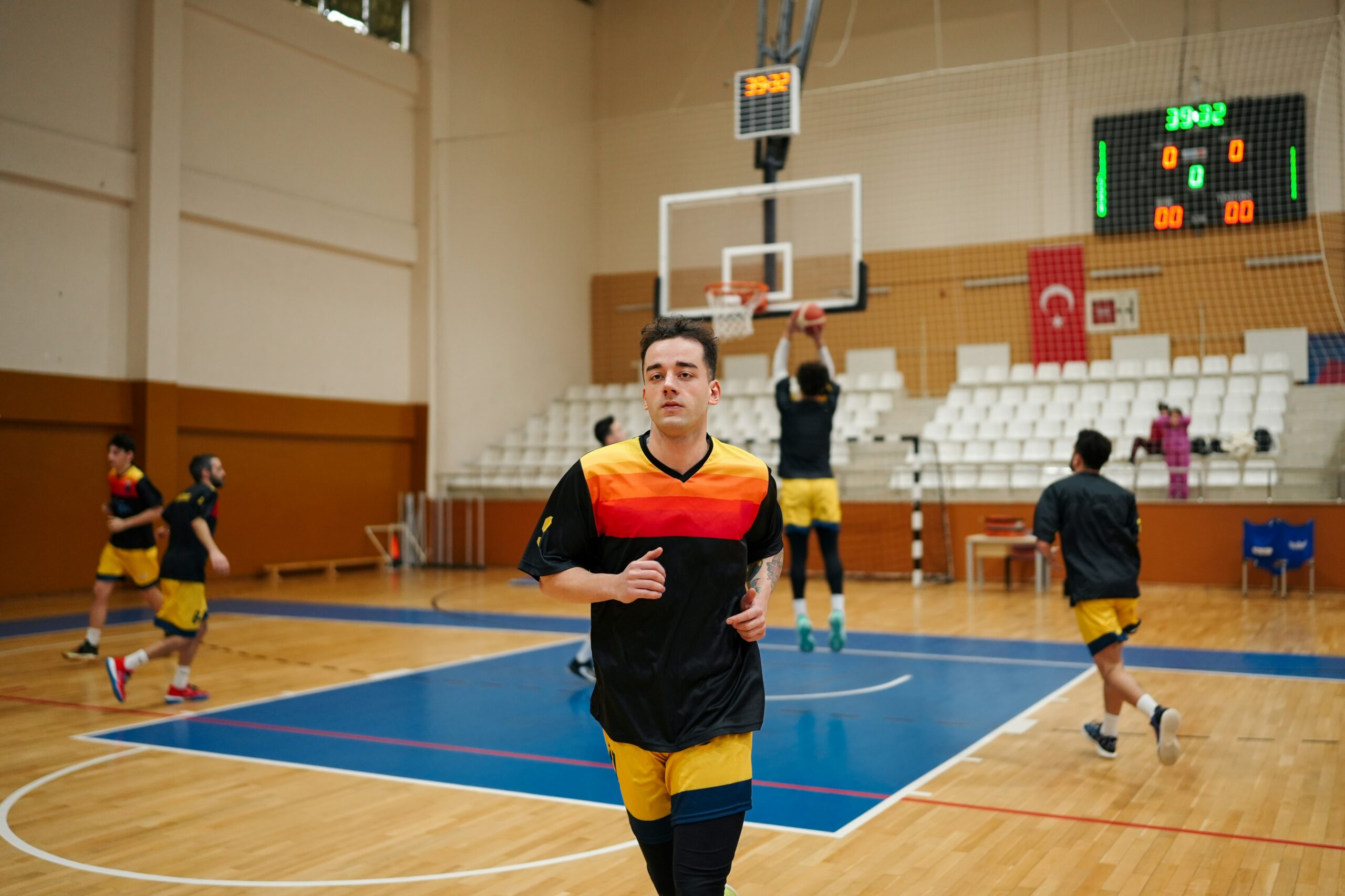
Being named captain of two teams at Summit Christian Academy was an honor and a challenge. While I had always taken pride in my leadership skills, guiding two teams required more dedication, adaptability, and teamwork. When I stepped into this role, I knew balancing responsibilities, motivating players, and maintaining strong communication and captaincy would be critical to success.
Leadership is never a one-size-fits-all approach. With different personalities, skill levels, and team dynamics, I had to learn quickly that what worked for one group might not be effective for the other. However, embracing this challenge with a positive mindset allowed me to understand teamwork, resilience, and the importance of leading by example better.
Building Team Unity Through Communication
Strong captaincy communication played a crucial role in uniting both teams under my leadership. Without it, misunderstandings and tensions might arise, and morale could suffer. To avoid this, I made it a priority to establish open lines of communication with both players and coaches. Whether through team meetings, one-on-one conversations, or group chats, I ensured that everyone felt heard and valued.
In addition to verbal communication, nonverbal cues also made a significant difference. A simple pat on the back, a nod of encouragement, or even an enthusiastic cheer during a game helped reinforce a sense of unity. Encouraging team members to communicate with each other effectively also strengthened our cohesion, making us not just a team but a family.
Navigating the Pressure of Dual Leadership
Juggling the responsibilities of leading two teams came with its fair share of pressure. I had to shift my focus to different strategies, training schedules, and individual player needs on any given day. It wasn’t always easy, but I quickly learned the value of time management and prioritization. By organizing my responsibilities and setting clear goals, I could maintain my effectiveness as a leader without feeling overwhelmed.
At times, the weight of expectations felt heavy. However, instead of allowing pressure to get the best of me, I chose to view it as an opportunity for growth. Each challenge strengthened my ability to remain calm under stress, think critically in high-stakes situations, and inspire my teammates to push past their limitations.
Fostering a Culture of Hard Work and Dedication
Hard work and dedication were the cornerstones of my leadership approach. From the beginning, I clarified that success would not come easy. Every practice, every game, and every moment spent working toward our goals required discipline and commitment. Leading by example, I made sure to put in the extra effort, whether arriving early for practice, staying late for extra drills, or offering guidance to younger teammates.
Along the way, I discovered that a strong work ethic is contagious. When teammates see their captaincy putting in the effort, they are more likely to match that level of dedication. Over time, this commitment to hard work became ingrained in our team culture, helping us push through obstacles and achieve milestones that once seemed out of reach.
Balancing Individual Strengths with Team Goals
One of the most rewarding aspects of my captaincy was identifying and nurturing individual strengths. Every player brought something unique to the team, and my role as a leader was to help them maximize their potential while ensuring that our collective goals remained the top priority. To achieve this, I focused on recognizing each teammate’s strengths and finding ways to incorporate them into our overall strategy.
At the same time, I had to ensure that no one became overly focused on personal achievements at the team’s expense. Through constant encouragement and reinforcement of our shared mission, I helped foster an environment where individual success contributed to the team’s progress rather than overshadowing it. This balance ultimately made us stronger, more cohesive, and more effective in competition.
Overcoming Setbacks with Resilience
No season is without its challenges, and ours was no exception. We faced tough opponents, dealt with unexpected injuries, and experienced moments of frustration. However, setbacks did not define us. Instead, they became growth opportunities. One of the most important lessons I learned as captaincy was maintaining a resilient mindset and encouraging my teammates to do the same.
Rather than dwelling on mistakes, we focused on learning from them. If a play didn’t go as planned or we lost a crucial game, we used it as motivation to improve. The ability to bounce back quickly and keep moving forward was one of the most valuable lessons my time as a leader taught me. Ultimately, our resilience strengthened our resolve and prepared us for future challenges.
The Lasting Impact of Leadership
As my captaincy at Summit Christian Academy ended, I reflected on how much the experience shaped me as a leader and an individual. The lessons I learned about communication, team work, resilience, and dedication extended beyond the field and everyday life. Leading two teams was not just about winning games—it was about building character, forging strong relationships, and leaving a lasting impact on my teammates.
Even after passing the torch to the next leaders, I remain grateful for the journey. The friendships, memories, and lessons will stay with me forever. Leadership is more than just guiding a team—it’s about inspiring others, fostering growth, and leaving a legacy far beyond the final whistle.